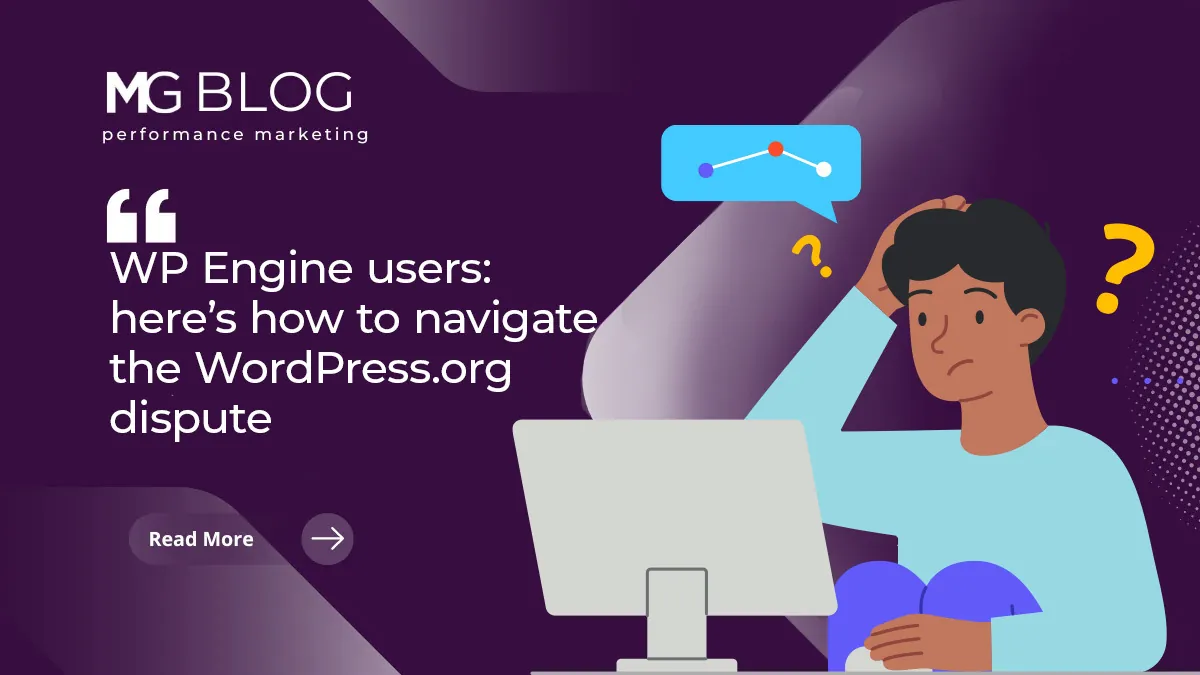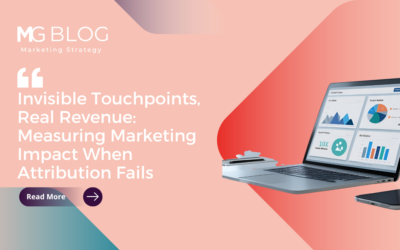
The recent tension between WordPress.org, its parent Automattic, and WP Engine has created plenty of confusion and speculation. Just to be clear: WordPress is the content management system (CMS) owned by Automattic, while WP Engine is a hosting service that specializes in WordPress-based sites. If you’re a current WP Engine user, you may be hearing a lot of chatter about plugin restrictions, access limits, and potential changes to your hosting situation.
The good news is that you don’t need to do anything right now. On October 1, WP Engine posted a solution to bring plugin and theme management back online. Longer term, the situation is fluid, but WordPress as a platform isn’t going away. That means if you want to continue using WordPress as your CMS going forward, you absolutely can. Hosting, of course, is a separate but related issue.
Now is a good time to calmly assess your current hosting situation and plan your next steps. Since the situation is stable now, you may very well be able to keep things the way they are for the foreseeable future.
Let’s break this out into two sections: what to do right now and how to plan for the long term.
Immediate actions for WP Engine users to take
Here’s what you should consider doing today — realistically, these are steps you should take regardless of this specific situation. They are essential to the reliability and performance of your site:
- Backup your website: Ensure you have recent backups of your website, and keep copies in multiple places for redundancy. Cloud backups are fine (as long as they are separate from the host’s cloud), and a local backup to a desktop is also a good idea.
- Monitor plugin and theme updates: WP Engine users may need to manually update plugins if access is cut off again. Make sure you stay on top of critical updates, especially those related to security.
- Check your hosting agreement: Understand the terms of your current agreement with WP Engine. Is it month-to-month, or do you have a long-term contract? This will help you decide how quickly you need to take action, such as moving to another host.
- Communicate with your developer or managed hosting provider: If you have a third party managing your website, reach out to them for guidance on how they are handling the situation. This is particularly important if plugin updates need to be managed manually.
What’s next for your WP Engine site?
Currently, there’s no technical reason for WP Engine customers to move to a new host. If you are midway through your hosting agreement with WP Engine, this could be a good time to review your hosting options, even if your plan is to stay with WP Engine. Knowing your options is always a good idea. As you look at what’s best for your organization, keep these tips in mind:
- Evaluate your hosting needs (managed vs. unmanaged): Managed hosting means that the host provides additional services like one-click WordPress deployment, backend security like a network firewall, automatic updates, and more. By contrast, unmanaged hosting may require help from an experienced technician to deploy sites, make updates, and manage the environment’s security and uptime. Managed hosting offers convenience for a price, but only you can decide if your team can take on more DIY responsibilities.
- Go with a reliable, reputable host: There are many hosts with WordPress bona fides. Each offers varying degrees of support and features — different isn’t always better, and change is never as simple as you’d like it to be. Consider the impact of change on your site and your workloads. Be sure to choose a well-established host with a good track record of uptime and support.
- Compare the costs of hosting: Start by evaluating your website’s resource usage in the WP Engine dashboard, making note of bandwidth and billable traffic. You’ll want to ensure your host can accommodate current and future needs. Make sure you’re making apples-to-apples comparisons of services, reliability, and performance as well as your monthly outlay.
Planning for the long-term
It wouldn’t be the tech world without a good bit of drama. Once the dust settles, you may find that even if you’re staying put, your web strategy may change — and you want to be ready for surprises down the road!
For now, if you’re a WP Engine user, the best course of action is to remain calm, secure and back up your website, and evaluate your options.
If you have an ongoing relationship with a developer or site maintenance provider, talk to them about your options. They’ll have specific recommendations for keeping your site stable and secure. As always, your website’s primary goal should be to serve your audience effectively—focus on maintaining that stance above all else.
Want solid advice on maintaining, upgrading, or completely refreshing your website? Talk to Merritt Group’s MG Digital team for insights that can help your business thrive.



